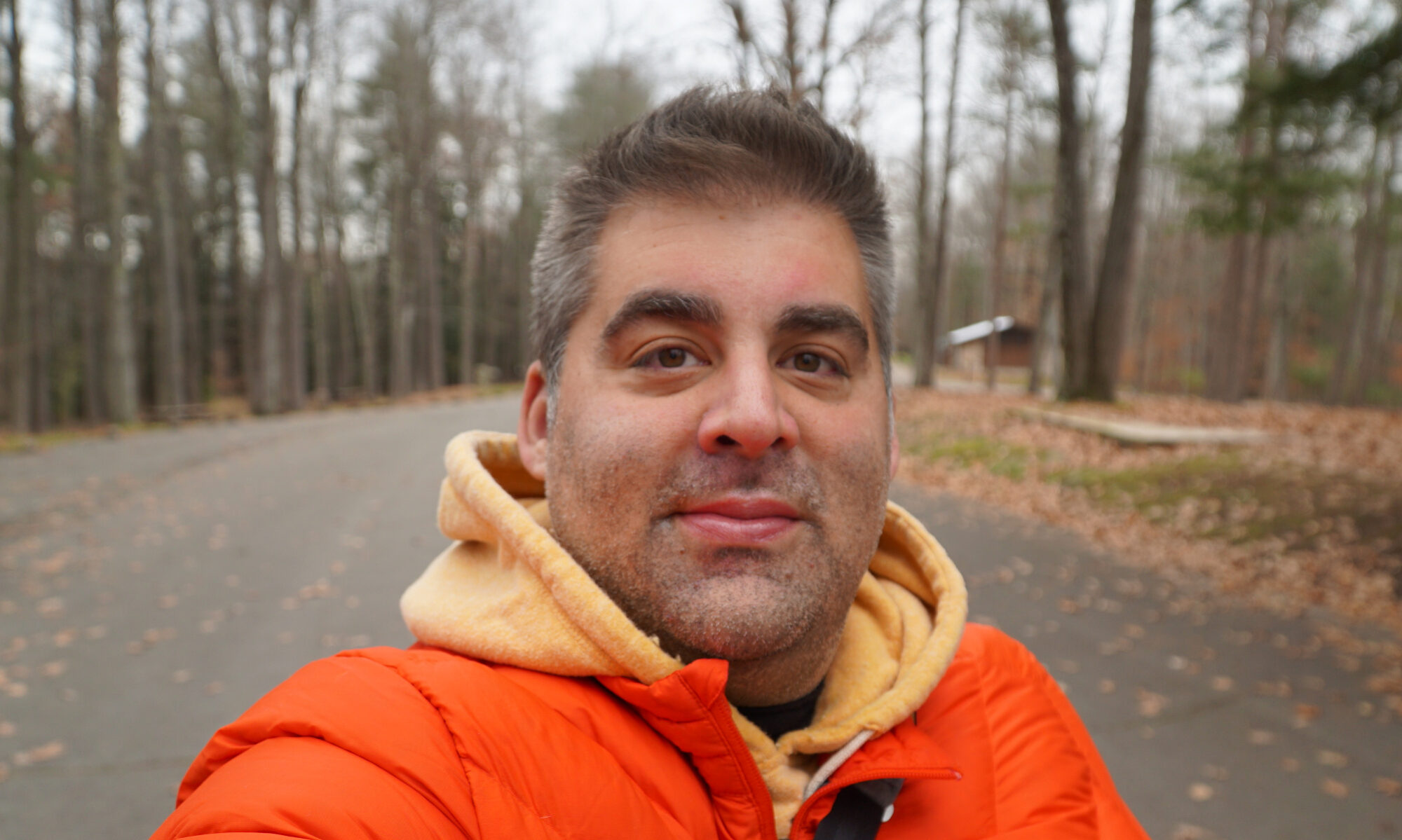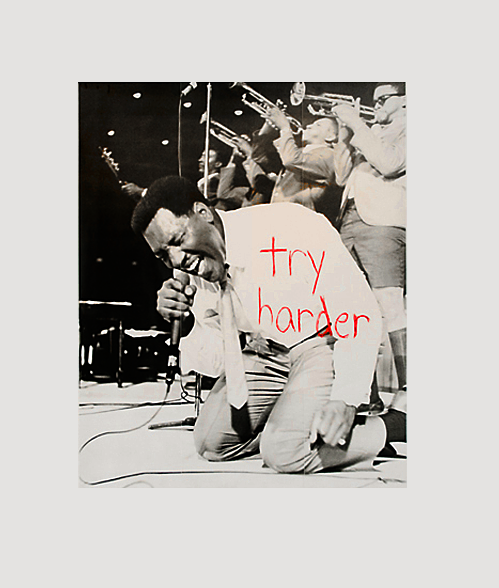Last week one of my close friends was asked to interview for a new position at his current employer. Since he knew that I am often asked by my company to run interviews, he wanted to bounce ideas past me. This request turned into a full on mock interview. My friend told me that my advice helped and I wanted to document (some of) it for my readers.
[Behavioral Questions]
I am often asked to run the behavioral interviews; while I follow the rules of the interview process (scoring, feedback, etc), I always rely on my intuition and instinct when recommending a candidate. For me to make a decision, I need to get to know them as well as I can in the 30-60 minutes I am allotted (not just how well they answer canned questions). I level set with the candidates and tell them general things I am NOT looking to hear. I am often asked to interview college hires and they typically use the group project example for overcoming conflict (“someone in our group didn’t do the work and I had to tell my professor/confront the person”). I politely let them know that almost every candidate will use it and they won’t stand out; I then hint at other areas they might use (since they don’t have much experience).
I notice that most people have issues with conflict questions: that is completely understandable due to the corporate world’s focus on teamwork. Most people will avoid conflict at work at all costs, so these questions are difficult to answer. My suggestion is to make up a villain in your head. Don’t pull this person out of thin air, combine a few difficult co-workers and maybe add a dash of an estranged relative or friend to give you something to work with. Think about how you dealt with several uncomfortable situations and turn them into one person. Think about this for a few days before the interview.
The point of any behavioral interview is to understand your thought process. Many of the questions DON’T have a happy ending, the questions just want to see how you can handle a no-win situation. There is no shame is calling out that you can’t satisfy the question as long as you articulate why. Always mention the added impact of attempting futile endeavors (other efforts suffer, stress on resources, etc) – it shows you know when to cut your losses.
General Thoughts:
- I have always said that first interviews and first dates are very similar. If you are terrible at one, I am guessing you will be bad at the other
- Remember, both sides have something to gain from fulling/taking this job. As the person being interviewed, don’t think that the company has all the cards. I’ll admit that this mentality is easier if you looking to switch jobs, not unemployed.
- Like any long term relationship, you want to know what you are getting into. Google/internet search the company you are interviewing at and also pull a few different job descriptions (from other companies) for the job you are looking to fill. Have a complete idea of what will be asked of you.
- Don’t be too guarded on an interview, open up and let the interviewer get to know you. On the other side, don’t get TOO personal (don’t talk about how you have 15 cats unless you are running a non-profit shelter).
[Job-Specific Questions]
This section is obviously harder to give advice for since specific details are needed. One of the key things I can’t stress enough for both your resume and interview is to focus on delivery. Have statistics on processes fixed (example: “I reduced customer complains by 35% by doing the following…”), money saved, people mentored… anything that shows you have been keeping track of your own personal job performance (if you are not doing that now – DO IT). When preparing for the interview, think about all the problems you have dealt with or continually face at your current or most recent job – how do you deal with them? Mistakes and problems are how people learn, use that education as the backbone for your discussion – the people you are interviewing with probably have the same problems (any maybe you got to the solution sooner).
For skill gaps, have talking points that discuss how fast you came to speed on stretch assignment at your other jobs. This is not a sure-fire technique because some things are hard requirements, but it’s better than nothing.
[Conclusion]
Keep the first date idea in your head: nobody wants to date someone who is angry about an old flame (or job), egotistical, incompetent, too shy/introverted, or just plan old weird. If you think you are lacking in a certain area, PRACTICE! Get in front of the mirror to work on your delivery and eye contract. Find behavioral questions on the internet and practice answering them (I like to type it all out and keep a database of answers). I love the interview process; if I am the one being asked the questions… being able to prove I am the best person for the job and finding that “Ah-ha” moment in the interviewer’s eyes when they agree is awesome. On the other side, finding a great candidate and helping someone move on with their career is extremely gratifying.
I know it’s hard out there and you might not be doing something you enjoy, but keep working at it by making the steps you need to be where you want. Good luck getting the job you want.





